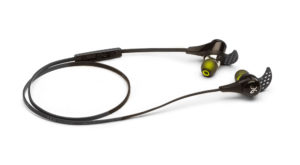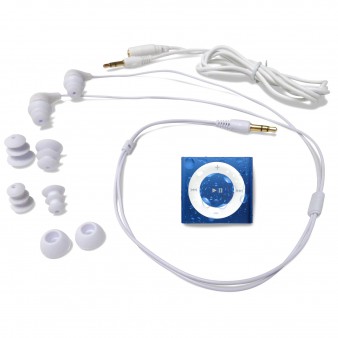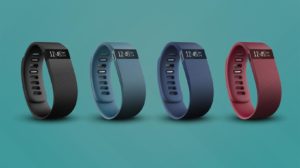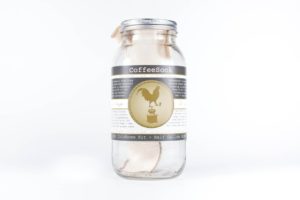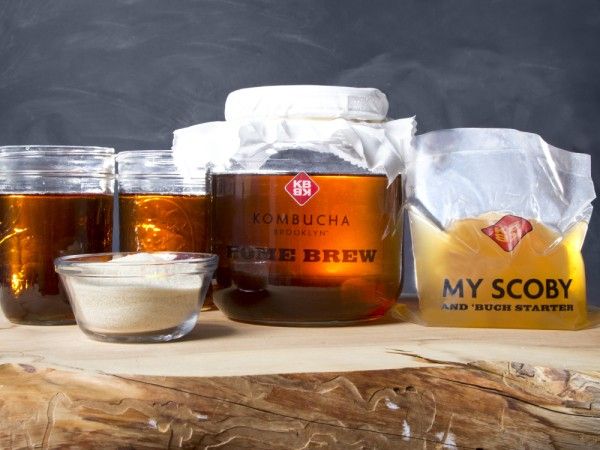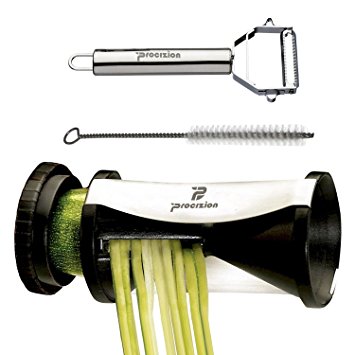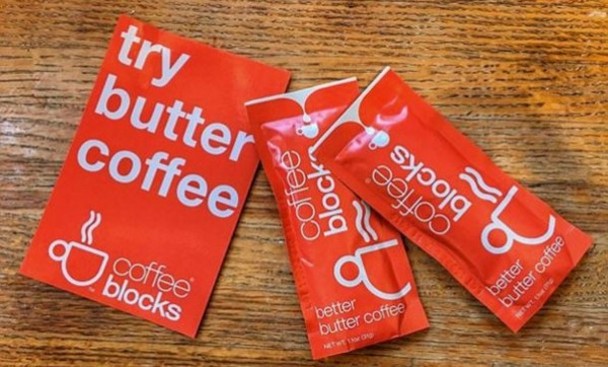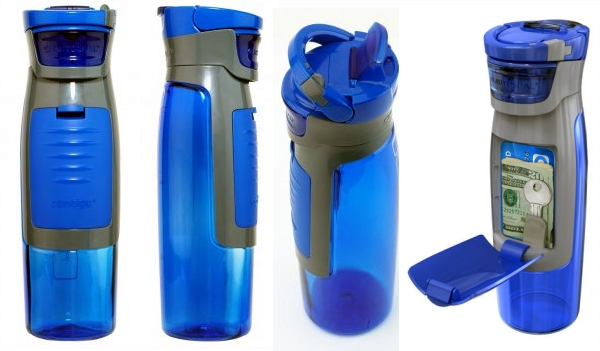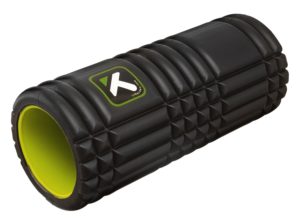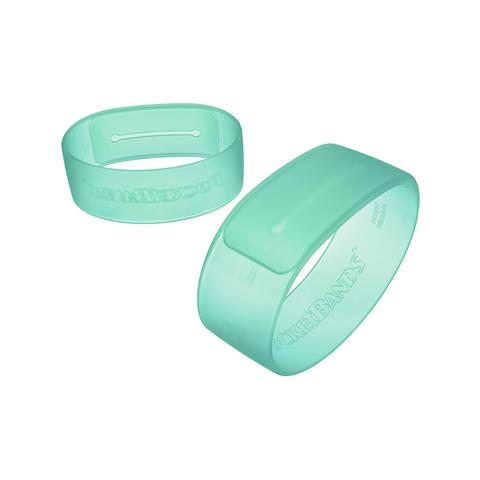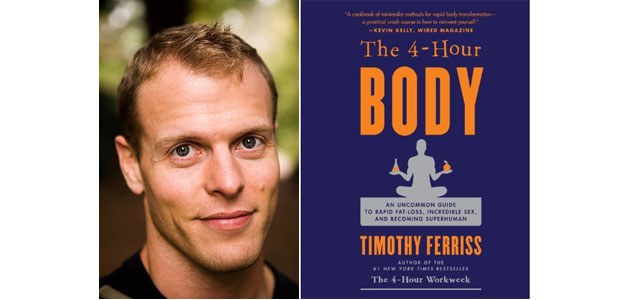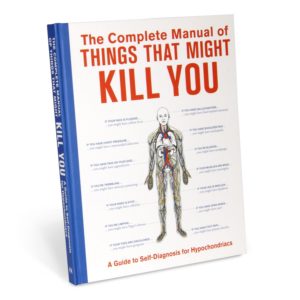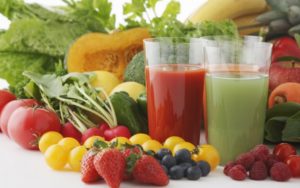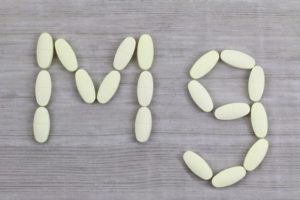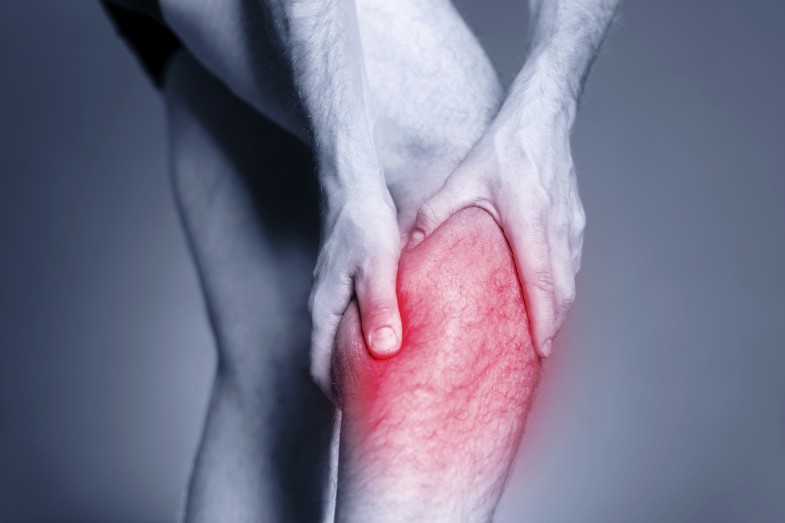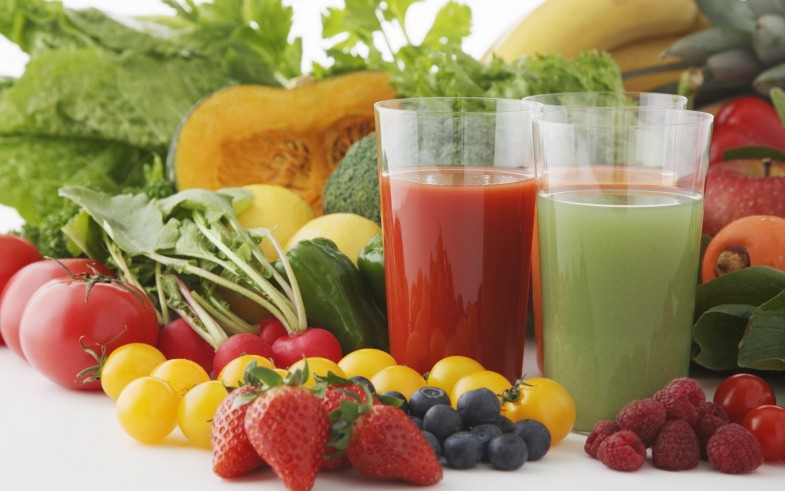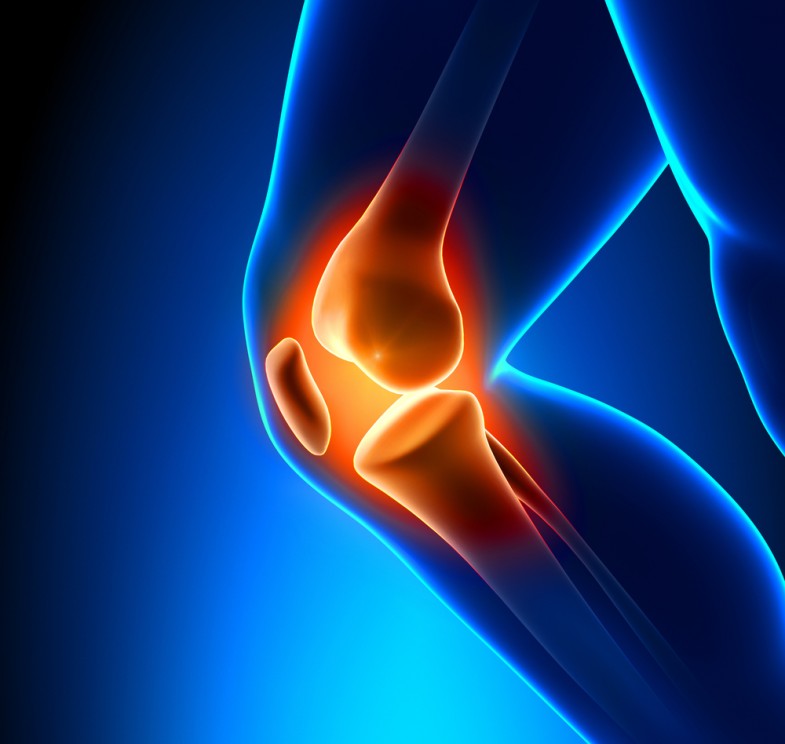
The question of whether or not to breastfeed a newborn baby is a personal one that should be left up to the new parents. Unfortunately, some activists on both sides of the issue have been using social media to shame new moms regardless of their decision.
Believe it or not, some people have used social media to harass new moms who choose to breastfeed their babies. Some of them refer to the social norms of the day, saying that breastfeeding is offensive to others or family members should not be exposed to it and even some claim that with the improvements in modern formulas, breastfeeding is not necessary.
A growing number of moms these days have careers and find it difficult to impossible to breastfeed while working. Some choose to pump their breasts and store the milk for later feedings, but that is also not always convenient. In the news broadcast they interviewed one new mom who said breastfeeding was one of the hardest things she has ever done. My wife was shocked. She breastfed both of our daughters and didn’t see anything hard about it. She did have a difficult time getting our one daughter to breastfeed, but that was due to the nursing staff giving the baby a bottle just before bringing her in to my wife. They were told not to feed the baby, but did so anyway. However, my wife continued to try and it didn’t take that long for our daughter to feed. She also says it was not only easy to breastfeed, but one of the most pleasant and memorable parts of having a new baby.
On the other side of the argument, some activists, who believe they are doing the right thing, shame mothers who choose not to breastfeed. They take to social media in their attempt to force moms to breastfeed. They cite all kinds of studies that report on the benefits of breastfeeding over bottle feeding. Some even tell moms who don’t breastfeed that they are neglectful and depriving their babies of the benefits gleaned from breastfeeding.
A recent news story brought this to my attention when it shared new research that questioned the alleged long-term effects benefits of breastfeeding. If anything, the study only adds confusion to the issue, so allow me to try to explain just what the new study says. According to the news report:
“The study looked at what many had perceived as two ‘long-term’ benefits of breastfeeding: Improved thinking or cognition, and less hyperactivity.”
“Parents of more than 7,000 babies were asked to report on these and by the time kids were five, researchers found no differences in kids breastfed or not for the first six months of life.”
Note that this study only looked at two issues and even then, they only looked at the first 6-months. Not all kids demonstrate hyperactivity until they reach two-years of age or older. Also note that the study didn’t deal with other claimed beneficial results of breastfeeding.
Another study reported just a few days earlier and showed the importance of the ‘golden hour’. That’s the time immediately following the birth of a child. Unfortunately, many hospitals whisk the baby away to cleaned, measured, weighed and examined. This practice was found not to be in the best interest of mother and baby. Dr. Amy Thompson, an OB-GYN conducted the study and reported:
“‘We took some traditional practices in hospitals, like what happened to the baby right after delivery, and how often mom and baby were able to be in a room together after delivery, and we really wanted to look at those basic processes and change how we did those fundamentally.”
Her study revealed that keeping mom and baby together during the golden hour can lead to better bonding between mom and baby and also helps improve breastfeeding. Thompson added:
“So now, rather than whisking a baby off to a warmer, we want mom to hold her baby skin to skin right after delivery.”
She also suggested that keeping mom and baby together during the golden hour may have benefits that last much longer for both mom and baby.
A good friend of mine retired from the Washington University School of Medicine in St. Louis, one of the top four rated medical schools in the nation. He has shared with me that breastfeeding provides vital nutrients the baby needs to develop their immune system and no formula can duplicate those nutrients. He also said that breastfeeding provides an intimate and special bond between mother and child. When that bonding is not allowed to take place, there are greater chances of problems later on between mother and child.
Before any new mom begins to rethink about if she will or won’t breastfeed her new baby, don’t let this latest report confuse her or dissuade. From everything I’ve read, heard and been told, the immediate and long-term benefits of breastfeeding far outweigh non-issues like this latest report. Talk it over with your husband and doctor and then pray about it. It’s really a more important decision than many new moms may realize.






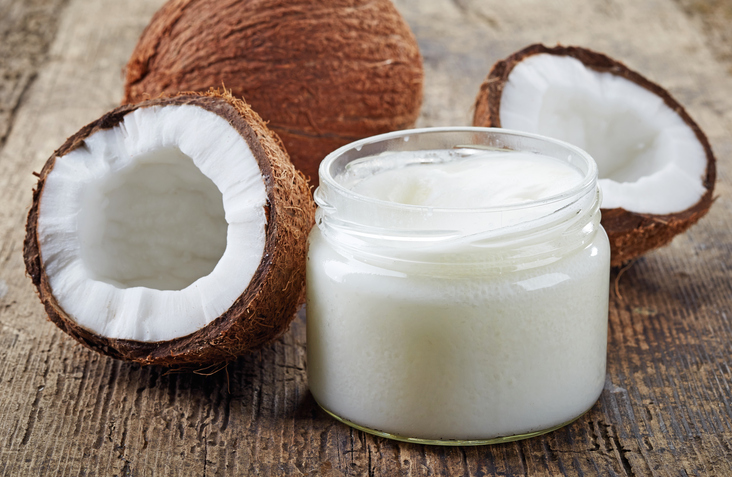
 Jenny Swisher
Jenny Swisher